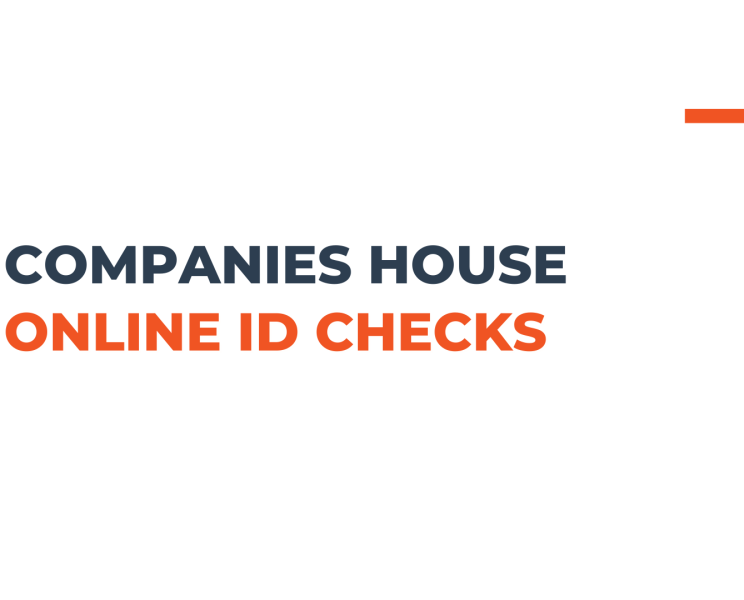FAQs: Taking On Your First Employee
If you’re considering hiring an employee for the first time, take a minute to consider the most frequently asked questions first.
What are my legal obligations?
Employees are entitled to various employment rights by law. These include (but are not limited to):
- Holiday pay
- Minimum pay
- Protection against discrimination and unfair dismissal
- Sick pay
- Maternity / Paternity / Adoption / Shared parental pay
How much do I have to pay my staff?
For workers who have left, or are old enough to leave, school, employers are legally obliged to pay national minimum wage which is an hourly rate and depends on the age of the worker. Current rates for the 2022/23 tax year are:
21-22 –> £9.18
18-20 –> £6.83
Under 18 –> £4.81
Workers who are 23 or over are entitled to be paid the national living wage, currently £9.50 per hour.
Apprentices are entitled to £4.81 per hour. This rate applies to apprentices under 19 years old or those 19 or over in their first year of an apprenticeship. Apprentices 19 or over who have completed their first year are entitled to the national minimum wage for their age.
Do I have to declare anything to HMRC about what I am paying people?
Each time you pay your staff you must complete an electronic submission to HMRC. This should be prepared and submitted prior to or on the day of the payment.
There is then a monthly electronic submission to be made to inform HMRC of how much you owe them after taking
into account any deductions or reliefs.
Most payroll software will handle these submissions.
I’ve heard a lot about auto-enrolment pensions: What is it and will it affect me?
All employers are now legally obliged to have a workplace pension scheme in place for their staff. So, yes it will affect you.
From 1st October 2017, all new employers were obliged to provide a workplace pension scheme for their staff.
But surely if my staff don’t want to join a pension scheme I don’t need one, right?
Anyone:
- Between 22 years old state pension age
- Earning at least £10,000 a year (pro-rated)
must be automatically enrolled into a workplace pension scheme. Once enrolled they can chose to opt-out, but not
before being enrolled.
Anyone meeting only one of the two criteria for auto enrolment can also chose to opt-in to the scheme. The choice to opt-out or opt-in cannot be made by the employer.
OK, so I do need a workplace pension scheme for my new staff: How much will it cost?
Initial set up: At ChadSan we have spoken to a number of providers and on the basis of that research, have chosen to support The People’s Pension (TPP) workplace pension schemes for our clients as they have a good track record and appear to offer a higher level of support and flexibility at a relatively low cost.
We can set the scheme up for a one-off fee of £500 plus VAT and TPP charge a reduced rate of £300 + VAT for going through us (normally £500 + VAT). There are no ongoing charges to administer the scheme from TPP.
Ongoing pension contributions: Once you have your scheme set up you must contribute to all of your eligible employees pension funds. Currently the minimum contribution for an employer is 3% of qualifying earnings*.
*Qualifying earnings- currently defined as earnings between £6,240 and £50,270 (Pro-rated).
This all seems pretty straight forward but I am not sure I will have time for all of it … Can ChadSan help me with all of this?
Our services include processing payroll and auto-enrolment pensions administration where the schemes used integrate with Xero Payroll.
We can also recommend providers of legal and HR advice where it is needed.



